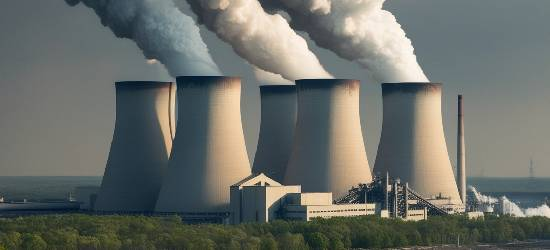India’s deep reliance on coal poses a significant challenge as it strives to meet global climate goals. Coal powers nearly half of India’s electricity, supporting millions of jobs and entire local economies in coal-dependent states like Jharkhand and Chhattisgarh. However, coal-fired power plants are major contributors to air pollution. While issues like intermittency and high costs are constraining the expansion of renewable energy, differences between state and central governments, economic concerns over stranded assets and the social cost of transitioning coal-dependent communities all complicate the path forward. A gradual, just transition, supported by domestic and international funding, is essential to balance India’s growth with environmental stewardship.
In India’s vast landscape, coal is more than just a resource; it’s the lifeblood of communities, the backbone of industries, and a key piece in the nation’s journey toward energy independence. As the world increasingly pushes toward green energy, India stands at a crossroads: How can a country so deeply reliant on coal transition to a cleaner future without leaving its economy – or its people – behind?
The article was originally published in the Polity, read the full article here.





